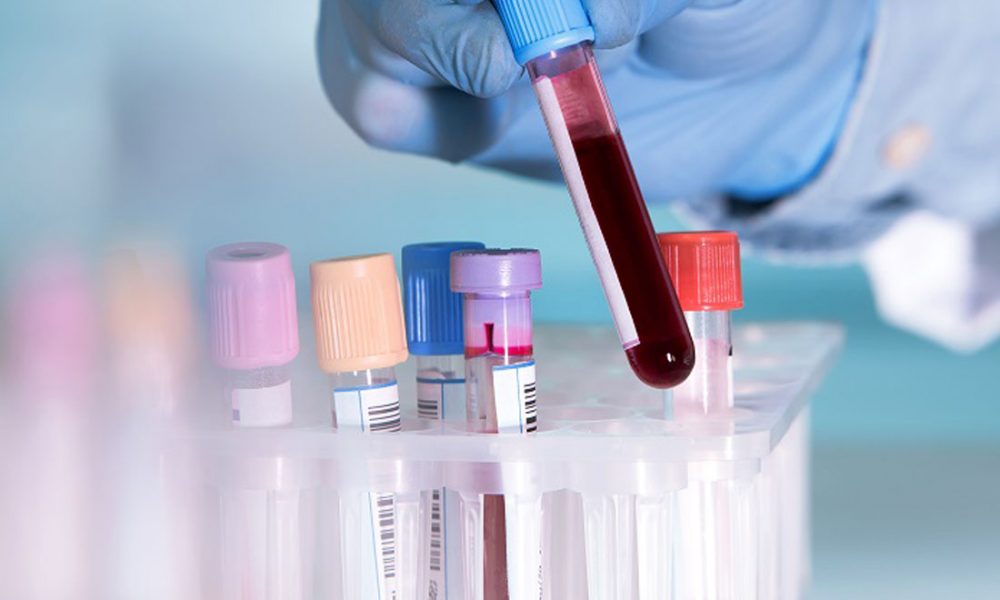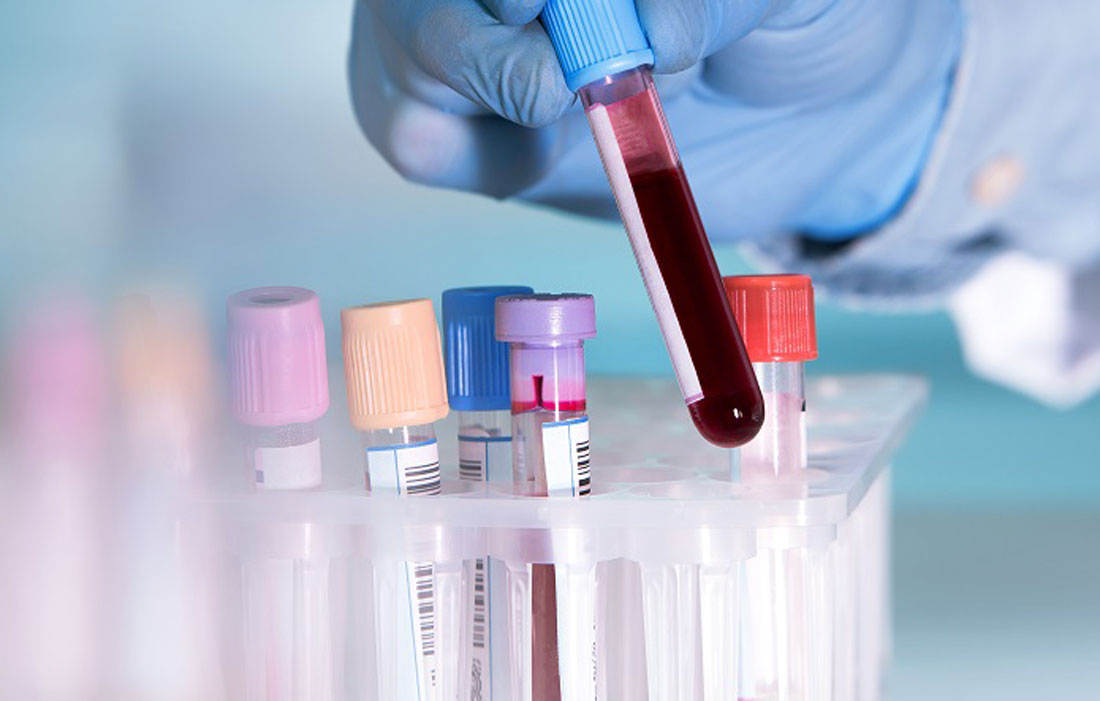
New blood test for prostate cancer could reduce biopsies
 Recent research has found that a new blood test that looks for circulating tumour cells could significantly improve the diagnosis of prostate cancer and avoid unnecessary biopsies and treatments.
Recent research has found that a new blood test that looks for circulating tumour cells could significantly improve the diagnosis of prostate cancer and avoid unnecessary biopsies and treatments.
According to the research by the Queen Mary University of London, combining the new test with prostate-specific antigen (PSA) results can yield a diagnosis of aggressive prostate cancer that is more than 90% accurate. The study was published in the Journal of Urology.
Dr Yong-Jie Lu, a professor of molecular oncology at the Barts Cancer Institute of the Queen Mary University of London in the United Kingdom and one of the corresponding authors of the study says that this level of accuracy is higher than that of any other biomarker for prostate cancer.
He also added that this could lead to a paradigm shift in the way we diagnose prostate cancer. Prostate cancer is currently detected using a blood test that measures PSA levels. Although it provides early diagnosis, the PSA blood test has low specificity (high false positives) with about 75 per cent of all PSA positive results ending up with negative biopsies that do not find cancer. A biopsy of the prostate is not only invasive but also risky, with a high chance of bleeding and infection. Even when prostate biopsies do reveal the presence of cancer, in most cases, the tumour is not aggressive and will not be fatal if doctors leave it untreated. This current method of diagnosing prostate cancer by combining the PSA test with a biopsy leads to many pointless biopsies, over-diagnoses, and unnecessary treatments. Such a method can cause harm to individuals and waste precious time and resources in the healthcare system.
The new prostate cancer test detects early cancer cells or circulating tumour cells (CTCs), that have left the original tumour and entered the bloodstream before spreading around the body. For the study, Dr Yong-Jie Lu and his colleagues carried out the new blood test in 98 males who had not yet had a biopsy and 155 others who had just received a diagnosis of prostate cancer but not yet undergone treatment. All the participants were attending St Bartholomew’s Hospital in London.
The researchers saw that the presence of circulating tumour cells in the prebiopsy blood samples was predictive of aggressive prostate cancer that subsequent biopsies detected. Also, from the level of circulating tumour cells, the team was able to assess the aggressiveness of cancer. When combined with the PSA test, the circulating tumour cell test was able to predict with 90% accuracy, which men would receive an aggressive prostate cancer diagnosis from biopsy results.
Further studies, using results from several independent centres, should now confirm these findings, note the researchers. The team expects the test to be available, following regulatory approval, around 3–5 years after researchers have completed validation studies.
Source: Medical News Today, Science daily.